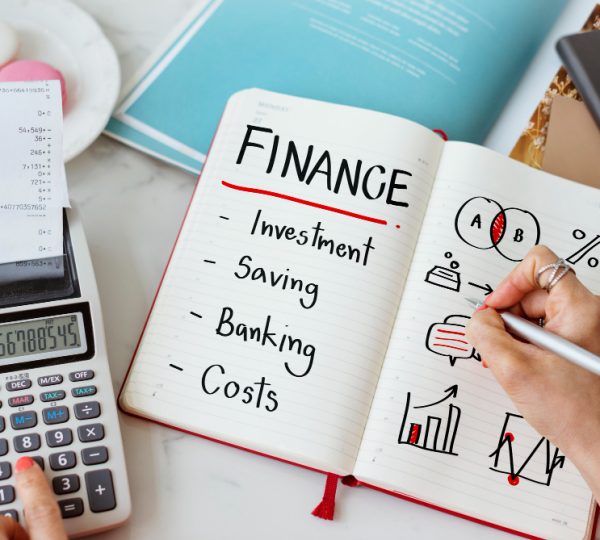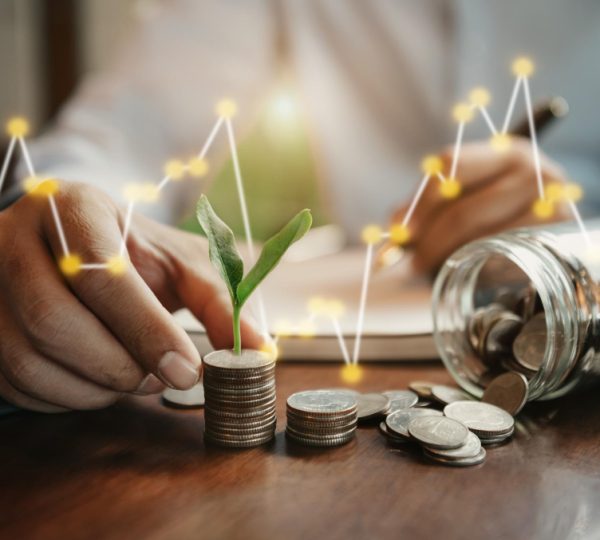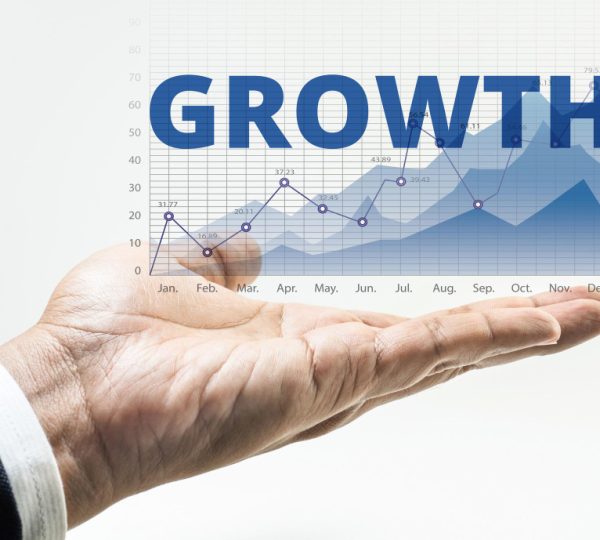Investment during Inflation: A Simple Introduction
What is Inflation?

Inflation in an economy is defined as a situation where the general price level of the goods and services in the market rise at an increasing rate over a specific period. An inflationary trend within a country results directly in the consumers’ cost of living rising, sometimes at extreme levels. During such times, the actual value of the currency in a specific country of origin is concentrated, which underwrites the devastating upsurge in the cost of living within a country. Such occasions create dramatic economic and financial tension, where individuals are somewhat confused about their investment opportunities and financial decisions. The main reason for this is the uncertainty that exists within the financial markets. Inflation is a delicate time for financial decisions, where prices fluctuate uncontrollably and in unanticipated ways.
When looking into the history of the American economy and how it experienced inflation at various stages through the years, it can be actualized as follows.
When after America’s during the fantastic Recession, the inflation rate never rose above 2%.
This number can be safely considered a peaceful space for an inflation rate as it significantly identifies that inflation is controlled In the 2000s, the inflation rates in America varied between 2% and 5%. In recent years including the last months of 2021, the inflation rate clocked up to 5.4%- concluding the highest inflation rate recorded in many years of a stable American economy.
What is Investing, and how do you do it?
An investment is an asset assimilated to build wealth and save monetary funds received or earned. Investments are made primarily to acquire an extra inflow of income or
gain some profit.One could choose from some main types of investments when deciding on an investment. They are Shares, Property, Cash, Fixed Interests, Defensive Investments, and Growth Investments and Shares and Fixed Interests take priority out of these Properties within a popular paradigm.The Investing in property ideally means purchasing land, buildings, and fixed assets whose land value increases with time. These can be sold for a higher rate according to the changing market rates. Interests through bank Fixed Deposits, treasury bonds, and bills also give you a return according to the bank interest rates and prior agreed rates by the banks. These are simple and easy ways to save money and make more while waiting.To invest in one of these possibilities necessitate thorough research on bank rates, the value of gains, and so on in the existing economic condition. Investments is an ideal method to save money for emergencies and the future. It is also an essential practice in this modern era of investment-grounded economies.
The Effects of Inflation
Inflation affects investments in many ways. First, we discuss an inflationary trend’s effect on a country’s liquid assets. Liquid assets are an individual’s assets in terms of currency or money. This means all the money you have in your hand and deposited in your bank accounts. During inflation, as the price indexes change, the currency’s actual value decreases -meaning the money you have in hand right now is less valuable than it did before the inflationary trends began to hit this said economy.Therefore, liquid assets are more vulnerable to fluctuations in inflation. This directly suggests that keeping money in banks as fixed deposits or savings as a mode of investment will not yield the individual any profitable gain. Therefore, as inflation rates show a growing trend, most businesses and individuals tend to hold lesser and lesser liquid assets.
Illiquid assets like funds, stocks, or mutual funds have a natural defense against the adverse effects of inflation. Therefore, investing in these would be a timely measure in protecting the value of your assets. From here on, let us discuss the different modes of investments that best suits a middle-income household during an economic background of inflation.
Investing during Inflation.
Investing during inflation is challenging as it is but knowing what to invest in securing the value of the assets you own are unquestionably going to benefit you in your financial journey.
Real -estate
When economists forecast inflationary trends in the economy, one thing you can do to benefit from this would be to invest in real estate. Real estate sums up to lands and buildings you can own. So, during inflation, investing the cash in hand to purchase real estate would help enhance your net worth.As inflation rises, fixed property like real estate tends to appreciate. Further, just like many consumable goods in the markets of an inflating economy, even the value of rent also escalates. Therefore, renting out real estate during these times could give you additional income and boost your net worth.
Commodities
As discussed above, during inflation, the real value of money/ cash depreciates. In these times another healthy investment would be to invest the money in hand or the money you have to save into purchasing items that would indefinitely grant you twice the return in the future.Commodities here mean natural resources like raw materials used in critical production, gold, or other precious metals.Out of these, gold is the popular option as the value of gold increases rapidly during inflations.Many people look at gold as an alternative currency.
Although commodities like this don’t pay dividends, they help yield profits if your forecast is correct. For selling, the timing is right.When the demand for some, as a good rise in an economy, the supply price of that good also increases. During Inflation is inevitable, and if you are armed with those resources in , with high demand, you have the opportunity to yield a fruitful profit. Only the timing of your sale would outline the magnitude of the gain you would deliver.
From said sale.
Key take-aways.
Inflationary trends are problematic to the typical investment practices in the economy as the fluctuations of the value of currency change the gains and profits and often don’t provide a hedge against the adverse downward trends of inflation.For middle-income residents living in such conditions, the easiest way in which one could secure profits and the net worth of their assets is to invest in either real estate or commodities as they are effortlessly accessible and hassle-free.Investing in these would be wise as they have their line of benefits, importantly having defense mechanisms against adverse financial and economic effects of inflationary situations.There are other profitable methods of investments, of course, like Bonds, The S&P 500, Value Stock, TIPS, and so on. However, the most convenient ways are discussed in the article above.



